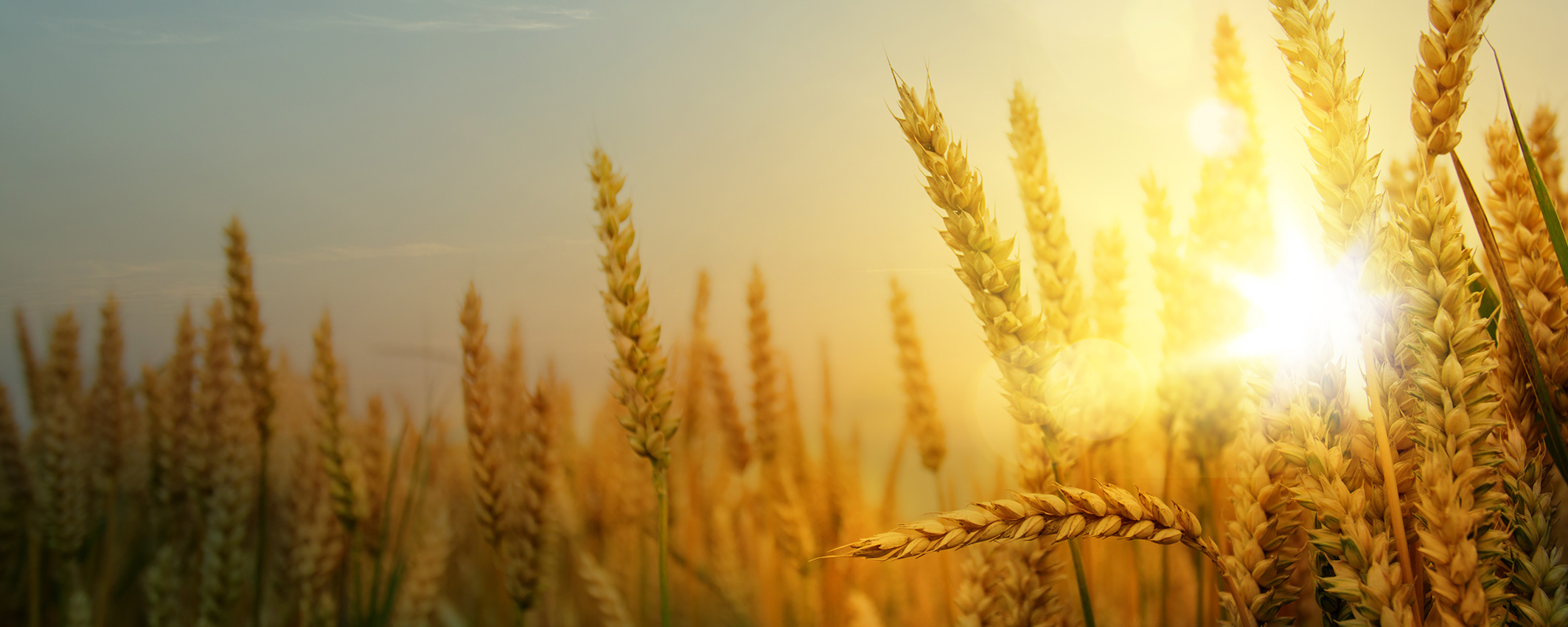 |
CCGL9058 Global IssuesVillages and Global FuturesThis course is under the thematic cluster(s) of:
|
Course Description
Rural areas and village culture have defined the characters of today’s human settlements and its inhabitants’ way of life. Rural areas are increasingly considered as the solution space for global climate change adaptation and mitigation. Sustainable management of the water-energy-food nexus in urban-rural interface offers a local approach to tackle the global grand challenges of biodiversity loss, food security and water crises. Nevertheless, our rural environment and communities continue to deteriorate due to rapid depopulation and urbanization.
Students in this course will learn about the socio-cultural, economic and ecological functions of rural areas and how these systems evolved and interacted under the processes of urbanization and globalization. Rural management approaches such as planning and management of rural resources, the governance regime and political economy of rural development under the recent trend of “urban-rural resilience” promoted by the United Nations Sustainable Development Goals (SDGs) will be studied. The changing role of various policy actors including officials, social entrepreneurs, corporate leaders, villagers as well as the wider public and their collective actions for rural sustainability attainment will also be discussed. Overseas case investigations will provide critical perspective into the range of rural revitalization strategies where the effectiveness of international recognitions, place branding, social innovations and collaborative governance models for rural sustainability is examined.
By the end of the course, students will be able to cultivate an analytical perspective on the complexity of urban-rural linkages in relation to socioeconomic and ecological systems of rural sustainability.
[A compulsory one-day field trip will take place during Reading Week.]

Course Learning Outcomes
On completing the course, students will be able to:
- Articulate a critical understanding on the complex urban-rural linkages and synergies associated with key sustainability issues.
- Cultivate a deeper awareness of the influences of urbanization and globalization on the socioeconomic and ecological landscape of rural communities.
- Form a perspective on the mode of governance, policy levers and alternative technology for rural sustainability.
- Develop a reflection on their choice of living and preference for urban and rural development.
- Demonstrate the innovative and collaborative skills for rural revitalization.
Offer Semester and Day of Teaching
Second semester (Wed)
Study Load
| Activities | Number of hours |
| Lectures | 12 |
| Tutorials | 8 |
| Fieldwork / Visits | 10 |
| Film screening and discussion | 2 |
| Reading / Self-study | 54 |
| Assessment: In-class exercises | 4 |
| Assessment: Group project (inl preparation) | 25 |
| Assessment: Reflective journal | 15 |
| Total: | 130 |
Assessment: 100% coursework
| Assessment Tasks | Weighting |
| Group project and presentation | 40 |
| Individual journal | 40 |
| Individual reflective exercises | 10 |
| Tutorial participation | 10 |
Required Reading
Selections from:
- Agnoletti, M. (2014). Rural landscape, nature conservation and culture: Some notes on research trends and management approaches from a (southern) European perspective. Landscape and Urban Planning, 126, 66-73.
- Alvord, S. H., Brown, D., & Letts, C. W. (2002). Social Entrepreneurship and Social Transformation: an exploratory study. Working Paper 15. The Hauser Center for Nonprofit Organizations and The Kennedy School of Governance, Harvard University.
- Ansell, C., & Gash, A. (2008). Collaborative governance in theory and practice. Journal of Public Administration Research and Theory, 18(4), 543-571.
- Buchegger, B., & Ornetzeder, M. (2000, May). Social innovations on the way to sustainable development. In ESEE Conference, Vienna.
- Cocklin, C., Bowler, L., & Bryant, C. R. (2002). Introduction: Sustainability and Rural Systems. In L. Bowler, C. Cocklin & C. R. Bryant (Eds.), The Sustainability of Rural Systems (pp. 1-12). Springer. From https://www.researchgate.net/publication/290107819_Introduction_Sustainability_and_Rural_Systems
- Curry, N. R. (2021). The rural social economy, community food hubs and the market. Local Economy, 36(7-8), 569-588.
- Dwyer, J., & Hodge, I. (2016). Governance structures for social-ecological systems: Assessing institutional options against a social residual claimant. Environmental Science & Policy, 66, 1-10.
- Engelhardt, R. (2020). Overview: Twenty years of the UENSCO Asia-Pacific Awards for Cultural Heritage Conservation (2000-2019). In Asia conserved, vol. IV: lessons learned from the UNESCO Asia-Pacific Heritage Awards for Culture Heritage Conservation, 2015-2019.
- Gallent, N., & Gkartzios, M. (2019). Defining Rurality and the Scope of Rural Planning. In M. Scott, N. Gallent, & M Gkartzios (Eds.), The Routledge Companion to Rural Planning. Routledge: New York.
- Holmes, J. (2006). Impulses towards a multifunctional transition in rural Australia: gaps in the research agenda. Journal of Rural Studies, 22, 142–160.
- Knickel, K., et al. (2018). Between aspirations and reality: Making farming, food systems and rural areas more resilient, sustainable and equitable. Journal of Rural Studies, 59, 197-210.
- Lekic, O., Gadzic, N., & Milovanovic, A. (2018). Sustainability of Rural Areas: Exploring Values, Challenges, and Socio-Cultural Role. Sustainability and Resilience Socio-Spatial Perspective. From https://www.researchgate.net/publication/326694029_Sustainability_of_Rural_Areas_Exploring_Values_Challenges_and_Socio-Cultural_Role
- Rastghalam, M., et al. (2017). The creative village approach as a tool for creating village futures. Journal of Future Studies, March 2017, 21(3), 35-48.
- Savage, A., Brune, S., Horvis, M., Spencer, S. E., Dinan, M., & Seekamp, E. (2018). Working Together: A Guide to Collaboration in Rural Revitalization. NC State Extension.
- Spence Robinson Ltd. (2017). Revitalisation of the old dairy farm senior staff quarters into the Pokfulam Farm. From http://www.amo.gov.hk/form/HIA_Report_SSQ.pdf
- Williams, J. M., et al. (2021). Revitalising Rural Communities. Singapore: Springer.
- Wilson, G. (2010). Multifunctional ‘quality’ and rural community resilience. Transactions of the Institute of British Geographers, 35, 364-381.
- Woods, M. (2011). Rural geography: Processes, responses, and experiences in rural restructuring. London: SAGE Publications Ltd. [Chap. 1 “Defining the Rural” (pp. 3-16)] [E-book available from HKU library]
Required Viewing
Selections from:
- Food and Agriculture Organization of the United Nations’ video collection:
- Handcrafted Films. (2016). Owners of the forest: Community forests for biodiversity conservation. From https://ifnotusthenwho.me/films/community-forests-biodiversity-conservation/
- Hasso Plattner Institute of Design at Stanford University. Design thinking process. From https://www.youtube.com/watch?v=_r0VX-aU_T8
- Hernandez, J. (Ed.) (2018). Kipara: Traditional Embera painting: Indigenous youth find their identity through traditional painting custom. From https://ifnotusthenwho.me/films/indigenous-youth-identity-traditional-painting-custom/
- HKU Knowledge Exchange Office. (2017). How Science is saving Hong Kong’s Oyster Industry. The University of Hong Kong. From https://www.youtube.com/watch?v=zPVbRGW-iUM
- HKU Knowledge Exchange Office. (2023). Revitalising Hong Kong’s Abandoned Villages – Mui Tsz Lam. From: https://uvision.hku.hk/playvideo.php?mid=26370
- Johnson, I. (2014, February 1). In China, Once the villages are gone, The culture is gone. The New York Times. From https://www.nytimes.com/2014/02/02/world/asia/once-the-villages-are-gone-the-culture-is-gone.html
- My Neighbour Totoro. (1988). [Film]
- Rhymes of Shui Hau. (2017). [Film]
Course Co-ordinator and Teacher(s)
| Course Co-ordinator | Contact |
| Dr W.W.Y. Law Centre for Civil Society and Governance |
Tel: 3917 7392 Email: wwylaw@hku.hk |
| Teacher(s) | Contact |
| Dr W.W.Y. Law Centre for Civil Society and Governance |
Tel: 3917 7392 Email: wwylaw@hku.hk |

